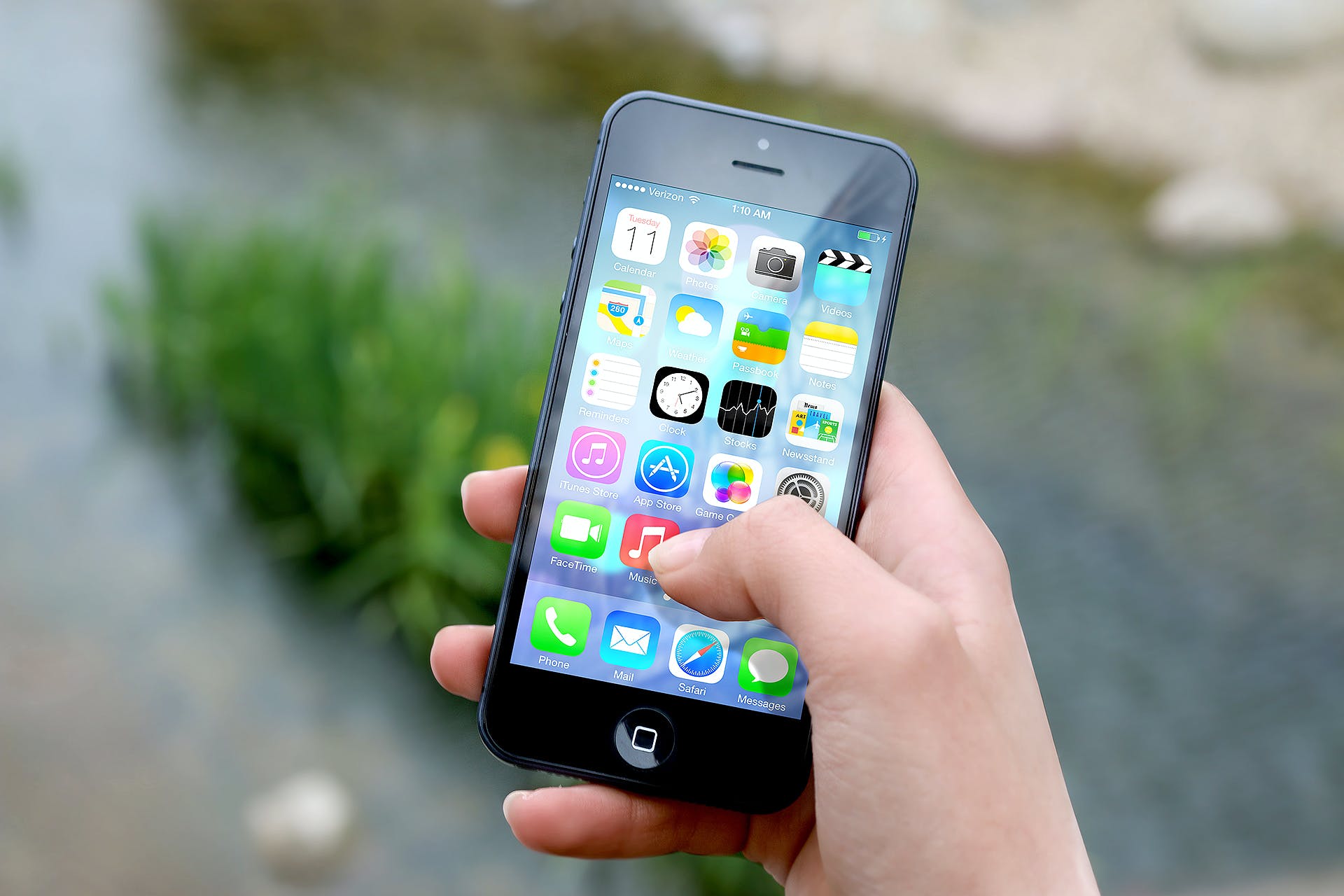Amid a climate of mistrust in government, it’s hard to know what to believe online.
In recent times, the global surge in anti-vaccine sentiments and vaccine hesitancy has become a pressing concern, with adverse implications for public health. Despite concerted efforts to promote vaccinations, health misinformation continues to proliferate on social media platforms, fostering a climate of confusion and mistrust.
Health misinformation encompasses false claims related to health, often diverging from established scientific consensus. Among the myriad of health-related misconceptions, vaccines emerge as a prominent target.
Common myths surrounding vaccines include unfounded links to autism, concerns about COVID-19 vaccines causing infertility, and safety worries regarding vaccine ingredients like thimerosal, aluminum, and formaldehyde. Dispelling these myths is crucial, given their potential to undermine public confidence in life-saving vaccines.
The repercussions of health misinformation extend beyond mere misconceptions, manifesting in tangible costs to both public health and the economy. For instance, an estimated 319,000 COVID-19 deaths in the United States between January 2021 and April 2022 could have been averted through vaccination, highlighting the lethal consequences of vaccine misinformation.

Moreover, the economic toll stemming from hospitalizations, long-term illness, and societal disruptions due to vaccine-related misinformation is estimated to range from $50 million to $300 million daily.
While vaccines dominate discussions surrounding health misinformation, other sectors are not immune to its impact. Social media platforms, particularly influential among adolescents and young adults, serve as conduits for misinformation on diverse health topics such as diets, eating disorders, smoking, substance use, chronic diseases, and medical treatments.
An analysis of Instagram and TikTok posts revealed instances where influencers, sponsored by industries, promoted misleading content related to food, beverages, and dietary supplements, contributing to the confusion surrounding health choices.
The rise of health misinformation can be attributed to declining trust in science and government, exacerbated by political polarization and historical medical mistrust within marginalized communities. Social media platforms, designed to cater content to individual preferences, inadvertently create echo chambers that reinforce existing beliefs, limiting exposure to diverse perspectives.
Studies indicate that misinformation spreads more rapidly than the truth on platforms like Twitter, further contributing to the challenge of combating false claims.
To counter the proliferation of health misinformation and mass confusion, a multi-faceted approach is essential. Consumers are urged to critically evaluate sources, considering the credibility of organizations, author qualifications, publication dates, and alignment with scientific consensus.
Questioning sensational claims, cross-referencing information, and prioritizing scientific evidence over anecdotes are critical steps in navigating the sea of misinformation. Seeking guidance from healthcare professionals when faced with contradictory or confusing health information is crucial, fostering responsible information consumption and sharing practices.
Today, the battle against health misinformation necessitates a collaborative effort involving individuals, healthcare professionals, policymakers, and social media companies. By fostering a culture of critical thinking, promoting transparency in content creation, and leveraging technological solutions, society can strive to ensure that accurate health information prevails over misleading narratives, safeguarding public health and well-being.
Sources:
The VACCINES Act: Deciphering Vaccine Hesitancy in the Time of COVID-19
Where We Go From Here: Health Misinformation on Social Media


Join the conversation!